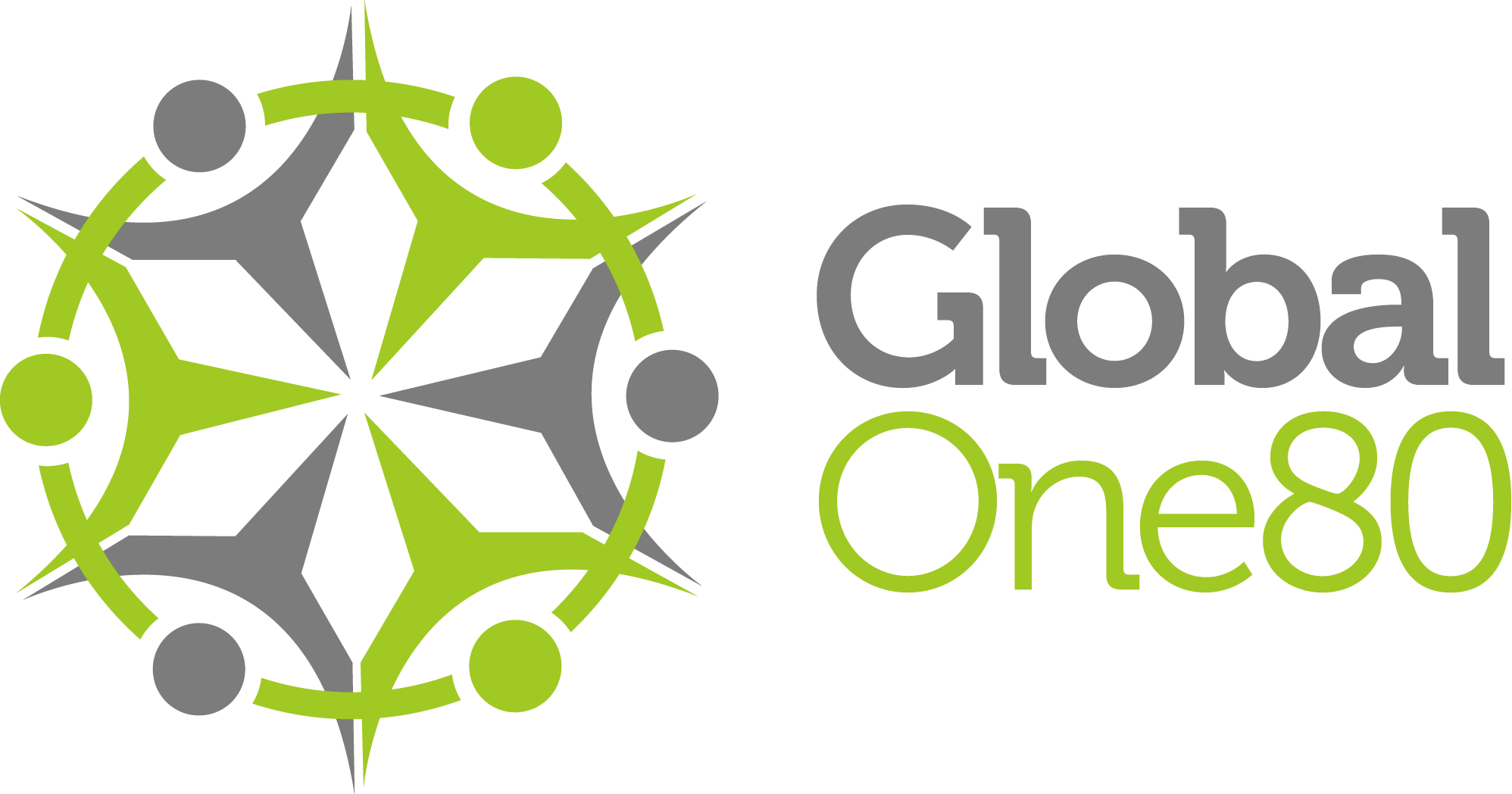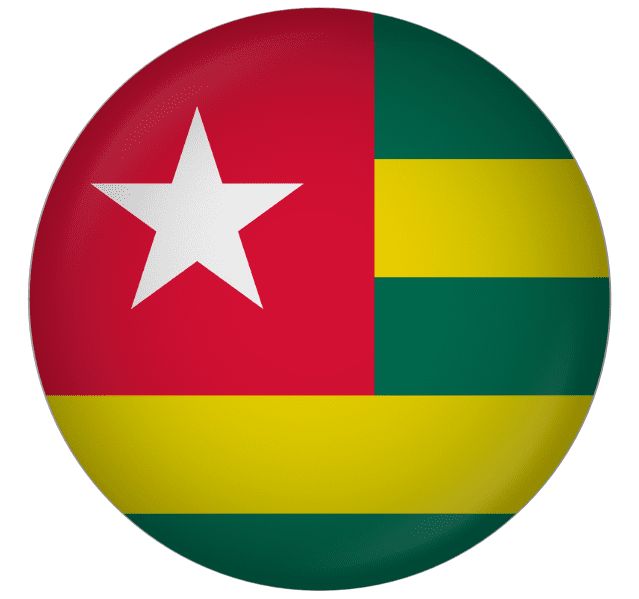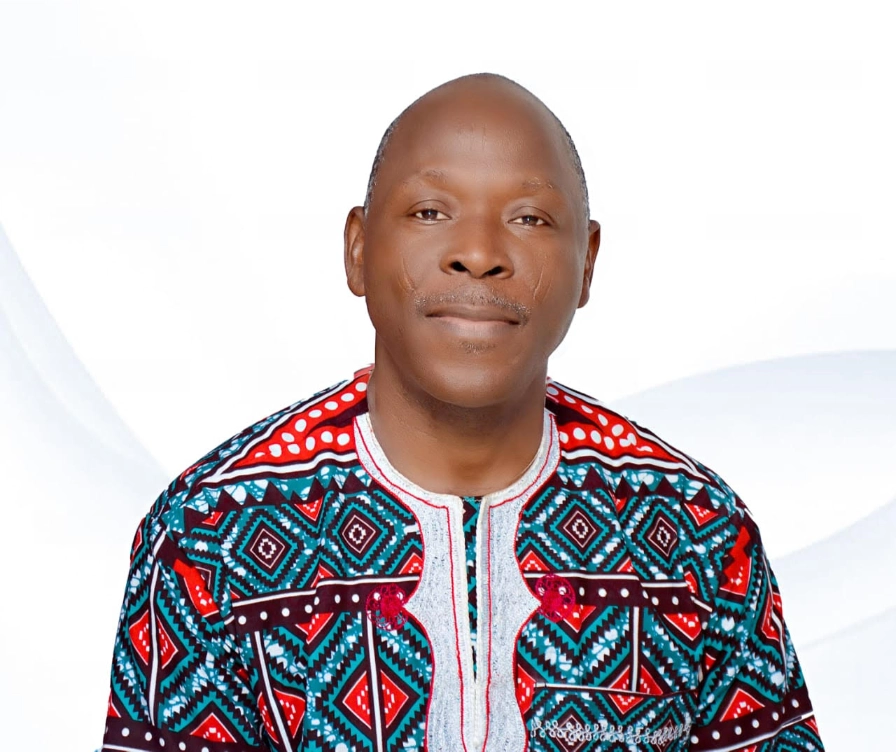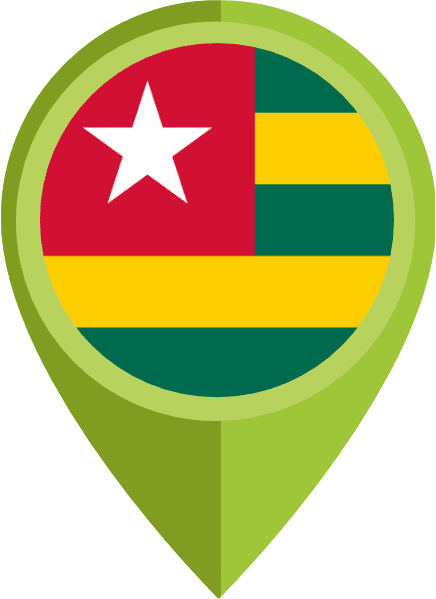Between the 11th and 16th centuries, a number of different groups of people were responsible for settling the boundaries of what is now Togo. Togo and the surrounding region came to be known as “The Slave Coast” due to the fact that the coastline region was largely used as a European slave trafficking base between the 16th and 18th centuries. It was in the year 1884 that Germany established a region known as Togoland, which included a protectorate. Immediately following the conclusion of World War I, France assumed control of Togo.
In 1960, Togo broke away from France and became an independent nation. After leading a successful military coup d’état in 1967, Gnassingbé Eyadéma went on to become the president of a single-party state that was known for its anti-communist orientation. Despite the tainted multiparty elections that Eyadéma faced in 1993, he was still able to win the presidency three times by that point. After serving as president for 38 years, Eyadéma was the “longest-serving leader in modern African history” at the time of his passing. He had held this position for the entirety of his presidency. In 2005, his son, Faure Gnassingbé, was elected for the position of president.



